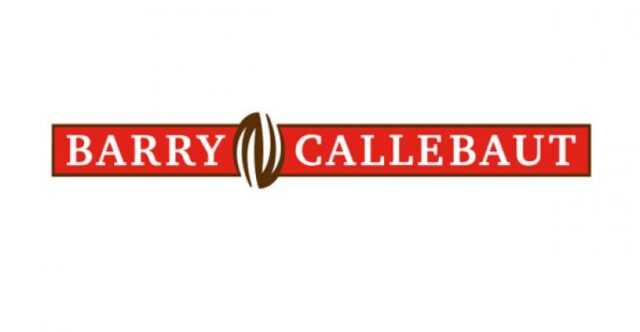MILAN – Barry Callebaut has announced it is drawing on a €1bn ($1.09bn) revolving credit facility to shore up liquidity after the coronavirus epidemic hit sales in early 2020. The world’s leading manufacturer of high-quality chocolate and cocoa products, increased its sales volume by +5.4% to 1,103,728 tonnes in the first six months of fiscal year 2019/20 (ended on February 29, 2020).
Sales volume in the chocolate business grew by +5.2%, well above the flat global chocolate confectionery market (–0.0%) according to Nielsen. Growth was supported by all Regions and key growth drivers: Outsourcing (+1.8%), Emerging Markets (+10.6%) and Gourmet & Specialties (excluding Beverage, +3.6%). Sales volume in Global Cocoa grew +6.5%. Excluding the first-time contribution from the consolidation of Inforum, organic growth was +4.0%.
Barry Callebaut ‘s Sales revenue increased by +5.8% in local currencies (+2.4% in CHF) to CHF 3,761.8 million.
Gross profit amounted to CHF 607.4 million, up +6.1% in local currencies (+3.2% in CHF) compared to prior-year pro-forma IFRS 166. The increase above volume growth was supported by an improved product mix.
Operating profit (EBIT) recurring7 increased by +6.7% in local currencies (+3.1% in CHF) to CHF 311.5 million, compared to prior-year pro-forma IFRS 166. Currencies had a negative translation effect of CHF –10.9 million. The costs for the closure of the cocoa factory in Makassar, Indonesia, had a negative impact of CHF –8.0 million.
As a result, the reported EBIT amounted to CHF 303.5 million, up +4.0% in local currencies (+0.5% in CHF) compared to prior-year pro-forma IFRS 16. The recurring EBIT per tonne was about stable at CHF 282.
Barry Callebaut ‘s net profit for the period recurring grew by +11.6% in local currencies (+7.1% in CHF) to CHF 211.7 million. The reported Net profit amounted to CHF 203.7 million, up +7.5% in local currencies (+3.1% in CHF) compared to prior-year pro-forma IFRS 166. The increase was supported by the lower net financing cost, while income tax expenses remained roughly flat at CHF –49.6 million, compared to CHF –47.5 million in the prior-year period.
Net working capital slightly increased to CHF 1,838.3 million, compared to CHF 1,762.1 million in the prior-year period. The higher inventories, driven by increased cocoa bean prices, was largely offset by lower receivables and net derivative financial liabilities and structural improvements in payables.
Net debt remained stable at CHF 1,981.0 million compared to CHF 1,974.8 million in prior-year pro-forma IFRS 167. Taking into consideration the cocoa bean inventories as readily marketable inventories (RMI), adjusted net debt decreased to CHF 882.0 million compared to CHF 1,042.9 million in prior-year pro-forma IFRS 166.
Free cash flow for the first six months in the period under review amounted to CHF –359.2 million, compared to CHF –119.1 million in prior-year pro-forma IFRS 166. Adjusted for the effect of cocoa beans considered as readily marketable inventories (RMI), the adjusted Free cash flow was about flat and amounted to CHF –17.9 million (February 28, 2019 pro-forma IFRS 166: CHF –9.9 million).
Speaking to analysts and media via a virtual conference call to announce the group’s Half-Year Results for fiscal year 2019/20, chief executive Antoine de Saint-Affrique said: “We drew on the credit facility just as a precautionary measure to ensure the liquidity of the company moving forward,” explaining the facility had been in place for years for precisely such a situation.


















